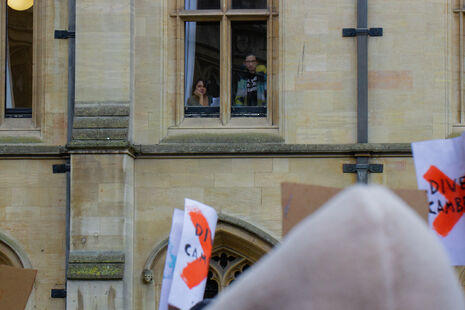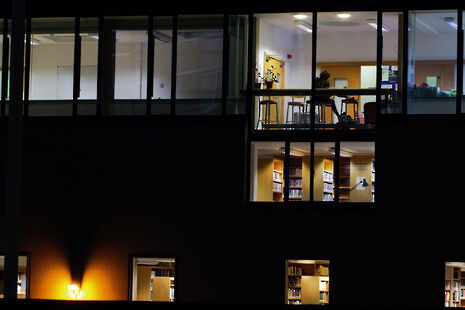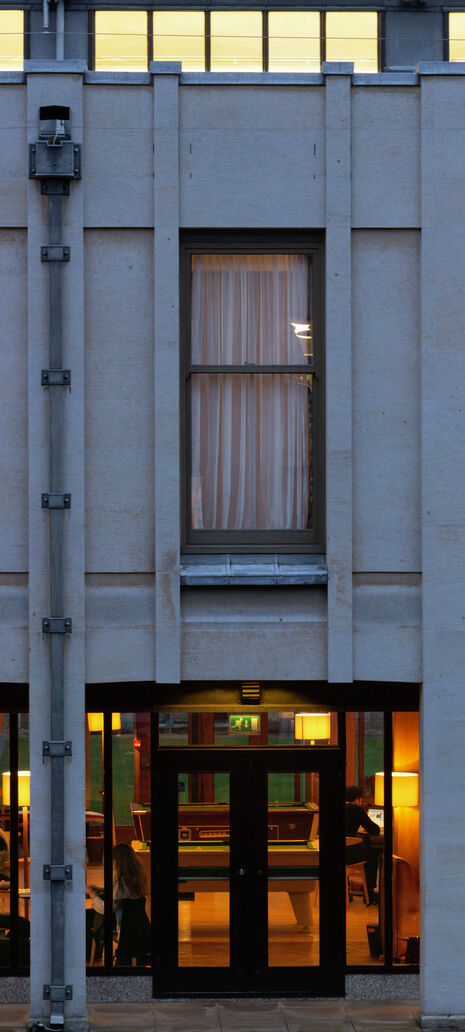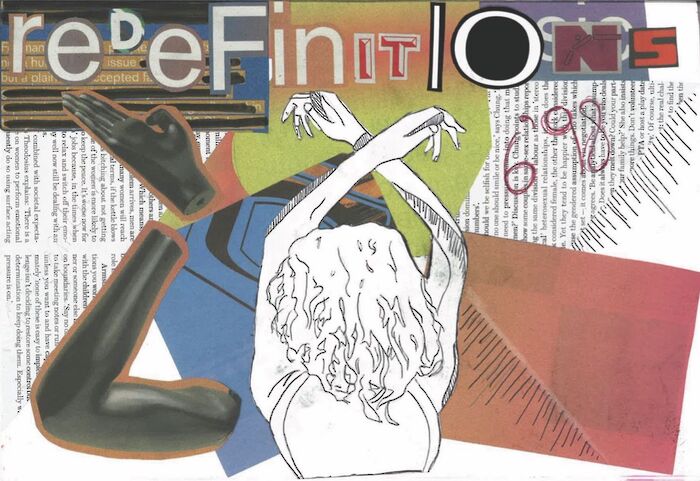Estranged Place: institutional amnesia in the buildings of Cambridge
Christian Harvey is a third year coming to the end of his time in Cambridge. His photo essay attempts to document the sense of hostility he feels from the physical university – the bricks, mortar and barriers that separate classes (both social and academic)

It’s hard to be in Cambridge, as a first generation university student, and not feel like this place is physically trying to keep me out. The structures of this institution seem deliberately opaque: hard to see into, hard to get out of.

I tried to capture the feeling of isolation that pervades Cambridge. It's a city that has outgrown itself. Most industries have long gone, with the only product Cambrige has to sell being itself – on mugs, t-shirts and hoodies. The outskirts, especially around my college (Wolfson, in the village of Newnham) are devoted to sports fields: invaluable land that could house families and workers that is instead dedicated for students to have a bit of a kick-about.

Though the University's domination of the public space is almost complete – think, for instance, of how little of the city centre is available for you to pass through if you aren't a student – the collegiate structure means that almost every procedure (from disciplinaries to divestment) is amenable to change and, it feels, to change in the favour of those who already hold power. Though students continually push for change – and sometimes achieve it – colleges that have AUMs bigger than some countries' GDPs appear unaccountable.

Soon I will graduate, and I feel that my experiences will dissipate, while the material structures remain. The cycles of protest and reversion give Cambridge a feeling of institutional amnesia: students are here for such a short time that their efforts cannot change the corporation of Cambridge.

I bumped into a friend of mine five minutes after a massive protest with smoke grenades and megaphones.
“Did you see it?” I said.
“See what?”, he replied.
 Features / Should I stay or should I go? Cambridge students and alumni reflect on how their memories stay with them15 December 2025
Features / Should I stay or should I go? Cambridge students and alumni reflect on how their memories stay with them15 December 2025 News / Cambridge study finds students learn better with notes than AI13 December 2025
News / Cambridge study finds students learn better with notes than AI13 December 2025 News / Dons warn PM about Vet School closure16 December 2025
News / Dons warn PM about Vet School closure16 December 2025 Comment / The magic of an eight-week term15 December 2025
Comment / The magic of an eight-week term15 December 2025 News / News In Brief: Michaelmas marriages, monogamous mammals, and messaging manipulation15 December 2025
News / News In Brief: Michaelmas marriages, monogamous mammals, and messaging manipulation15 December 2025









